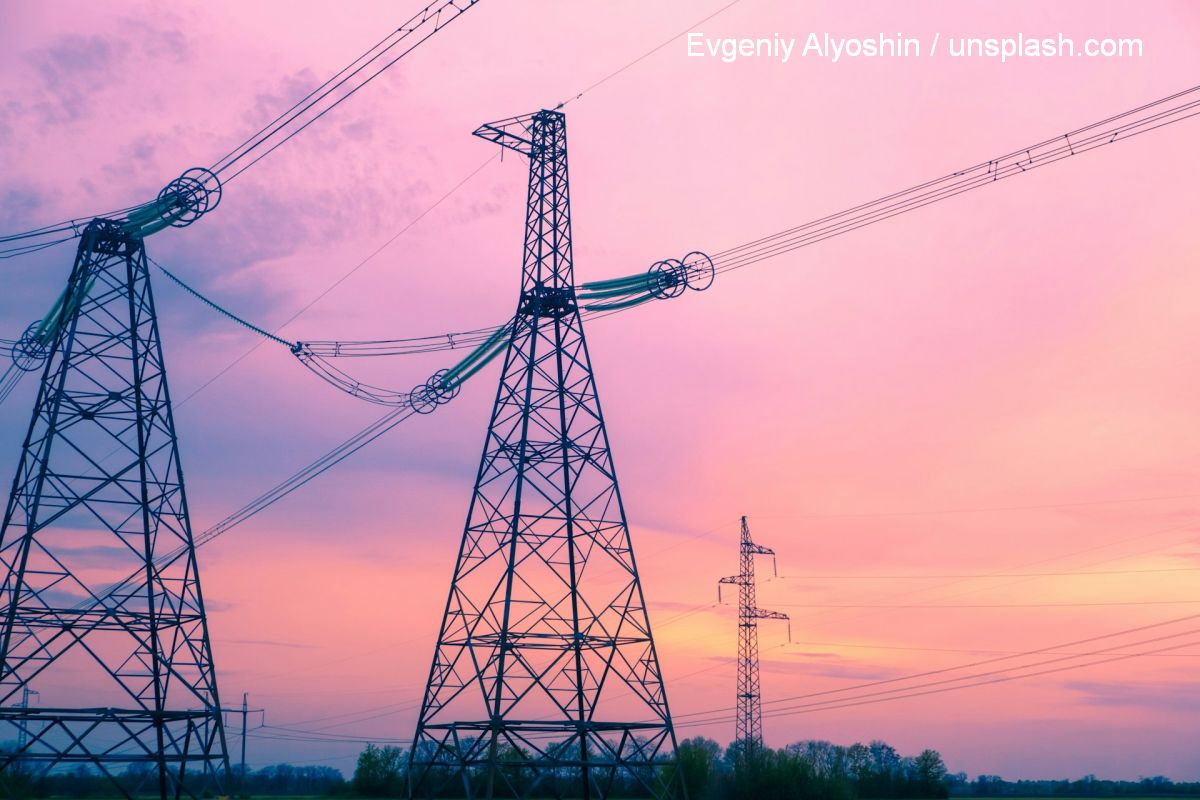Compensations for energy?
Romania will ask the EU for compensation for the significant energy price differences between the west and the east of the continent.

Mihai Pelin, 13.09.2024, 14:00
Romania will ask the EU for compensation for the significant energy price differences between the west and the east of the continent, claims the energy minister, Sebastian Burduja. He explained that these differences are allegedly caused by the lower hydropower production in the country due to the drought, and by interconnection problems, which did not allow the export of cheaper energy from the west to the east. Moreover, Romania supports the Republic of Moldova and Ukraine energetically, and all these create pressure on prices in the country. Sebastian Burduja added that the request would be submitted to the Council of Ministers, at the European level, and said that he hoped that Romania would be compensated for these price differences. He emphasized that he strongly supported the expansion of the single market.
At present, Romania pays a price of almost 150 euros/MWh, well above the European average of almost 102 euros/MWh. The price is felt all the more as the country faces significant obstacles related to diversifying the energy mix and improving energy efficiency, according to the European Commission’s latest report on the energy union. The situation is also valid at the European level, even if the document shows that significant progress has been made regarding energy from renewable sources. Romania’s energy mix remains heavily dependent on fossil fuels, which account for 71% of the total energy consumption, slightly above the EU average of 69%. The country’s electricity mix is dominated by renewables (42.4%), followed by fossil fuels (37.6%) and nuclear power (19.9%).
To ensure its energy security, Romania operates six gas storage facilities with a total capacity of 3.1 billion cubic meters, the equivalent of 31% of the annual gas consumption. By mid-August, these storage facilities were already filled, ensuring the country for the coming winter. Romania is committed to expanding its nuclear capacity to meet the EU’s climate targets and to strengthen its energy security. Two new reactors (CANDU), each with a capacity of about 700 MWe, are to be built to complement the existing nuclear facilities. Despite the progress reported, Romania is facing integration and compliance challenges. The country’s wholesale electricity and gas markets are heavily influenced by government interventions that go beyond the EU’s emergency framework.
At the same time, smart meters, a critical tool for increasing market flexibility, are installed in only 23% of Romanian households, which points to the need for improvements in terms of ensuring energy efficiency. According to the report, energy poverty remains a major concern in Romania. In 2023, 13.6% of the people had difficulty paying their utility bills and 12.5% were unable to heat their homes adequately in winter, which is indicative of the need for accelerated building renovation and targeted social measures. (LS)






























